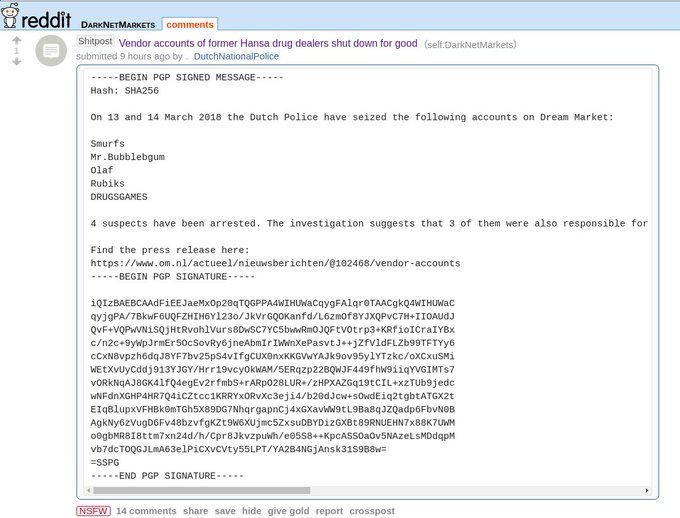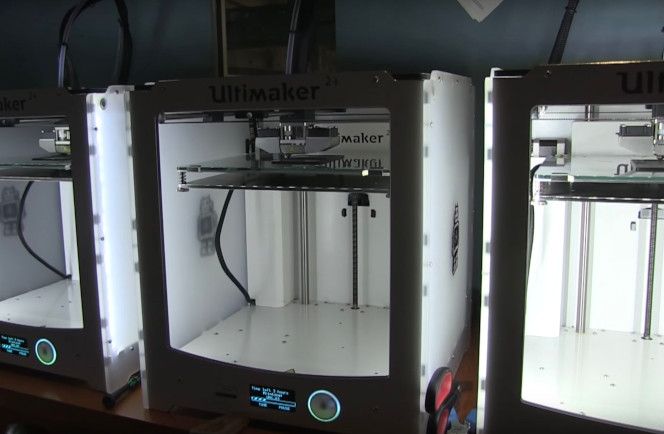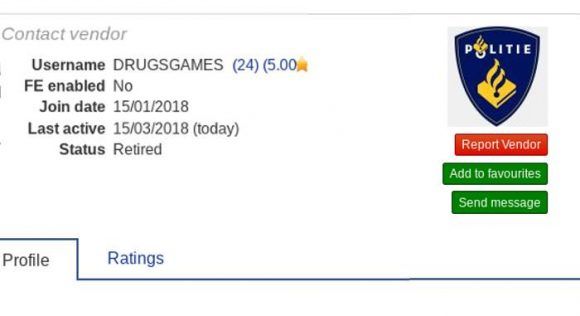Four Facing Prison for Selling Drugs on Hansa Market
Four suspects worked together in a large-scale drug distribution conspiracy involving the former darkweb marketplace Hansa Market, 3D printers, and millions of euros the Dutch Public Prosecution Office announced in a press release. Prosecutors are seeking a prison sentence of 77 months for three of the suspects and only two years for the fourth suspect.
Orders and Stealth
Prosecutors alleged that the group had shipped more than 22,000 packages of drugs across the world, disguised in “an ingenious way.” Inside 3D printed “makeup boxes,” the suspected drug dealers shipped more than 38,000 ecstasy pills; 63,000 LSD tabs; 100 kilograms of MDMA; five kilograms of cocaine; and small amounts of methamphetamine and marijuana. The dealers cloaked their products inside the products printed with a set of 3D printers.
Hansa Market
Three of the four suspects had allegedly been selling since 2016 on the Hansa darkweb marketplace. The suspects had been living in and selling out of their homes in Amsterdam at the time. After Dutch law enforcement shut down Hansa by infiltrating the market’s admins and controlling the market, both suspects moved to different marketplaces. They sold primarily on Dream Market but also on other, smaller marketplaces.
From that point on, the prosecutors alleged, the suspects had vendor accounts on different marketplaces under the names Smurfs, Olaf, Rubiks, and Mr. Bubblebgum. They had good reputations on the markets they used to sell their various illegal substances.
From an NLtimes article about the arrests
Months later, new vendor accounts started emerging on another dark web illegal market place called Dream Market. “Under the names Smurfs, mr Bubblegum, Rubiks and DrugsGames, new web shops in hard drugs were opened and a new dark web drug trade company was being built, until the Dutch police put an end to it on Tuesday.”
and
The police confiscated the vendor accounts on Dream Market and arrested four suspects - a 48-year-old man from Werkendam, and two men aged 32 and 50 and a 36-year-old woman from Amsterdam. The three Amsterdam suspects were caught red handed - logged on to the dark web on their computers. The Werkendam suspect was arrested in a room with 3D printers. The police believe he was printing drug packaging material. The police searched five houses and an office in Amsterdam, and a house and a shed in Werkendam.
Identification
The Public Prosecution Office briefly covered the topic of the identification of the vendors. One of the vendors had not used encryption on a darkweb marketplace. The marketplace in this instance was likely Hansa Market where Dutch investigators had access to every message between a buyer and seller. Encrypted messages remained encrypted as long as vendor or customers manually encrypted their messages. Plain-text messages, however, significantly simplified the work of Dutch law enforcement.
Law enforcement in the Netherlands started tracking the packages sent from the vendors, likely by flagging outgoing mail addressed to the customers who failed to encrypt their address on the order details page of Hansa Market.
Dutch Police Shitposting About the Bust on Reddit
/r/darknetmarkets screenshot via alt_kia on Twitter
“The sellers turned out to have customers all over the world. Various countries have now been informed about the delivery addresses via Europol,” prosecutors announced.
During the raid of the suspected vendors’ houses, law enforcement arrested a fourth suspect. Prosecutors alleged that the girlfriend of one of the suspects had conspired to package and sell drugs alongside her boyfriend.
The police seized more drugs, packing materials, firearms, ammunition, and 3D printers set up at a so-called “printer farm.”
If the prosecution gets their way in court, the three men will spend 6.5 years in prison and the woman will spend 24 months in prison. The defendants will be required to hand over more than two million euros allegedly earned through drug distribution.
The ruling of the Rotterdam court is expected on June 12.
Source: om.nl

